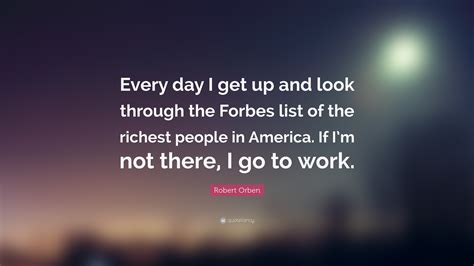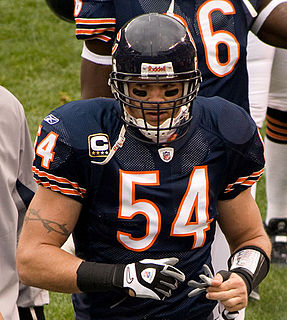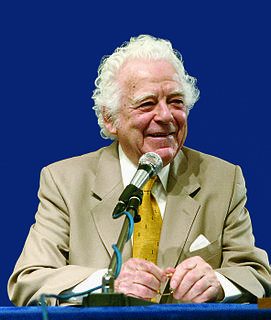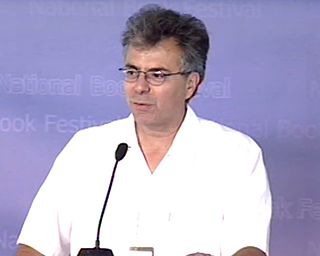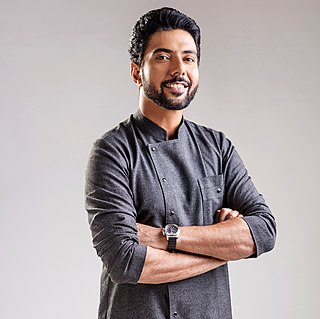A Quote by Robert Orben
I understand the big food companies are developing a tearless onion. I think they can do it - after all, they've already given us tasteless bread.
Related Quotes
And according as we say, "Our Father," because He is The Father of those who understand and believe; so also we call it "our Bread," because Christ is The Bread of those who are in union with His Body. And we ask that this Bread should be given to us daily, that we who are in Christ, and daily receive The Eucharist for the Food of Salvation, may not by the interposition of some heinous sin...be separated from Christ's Body.
Like so many pilgrims before us, we kneel in wonder and adoration before the ineffable mystery which. was accomplished here... In This Child - the Son who is given to us - we find rest for our souls and the true bread that never fails - the Eucharistic Bread foreshadowed even in the name of this town: Bethlehem, the house of bread. God lies hidden in the Child; divinity lies hidden in the Bread of Life
Humanity must accept that the food, the raw materials, the energy, the scientific knowledge and so on, belongs to everybody, that it is given by Divine providence for all peoples, the rich nations and what are called the developing nations. No one has the right to corner the goods of the world as is done today, whether that be oil or food or any of the things that we think are so important.
pulled into my convenient neighborhood fast food restaurant. I ordered shrimp salad, onion rings, and a beer. The shrimp were straight out of the freezer, the onion rings soggy. Looking around the place, though, I failed to spot a single customer banging on a tray or complaining to a waitress. So I shut up and finished my food. Expect nothing, get nothing.
She had been so wicked that in all her life she had done only one good deed-given an onion to a beggar. So she went to hell. As she lay in torment she saw the onion, lowered down from heaven by an angel. She caught hold of it. He began to pull her up. The other damned saw what was happening and caught hold of it too. She was indignant and cried, "Let go-it's my onion," and as soon as she said, "my onion," the stalk broke and she fell back into the flames.
Fifty years ago, the way that we consumed food was revolutionized. We began eating processed foods, and it seemed amazing. And then we woke up many decades later, and we realized that food was engineered to make us fat. And I think that such companies as Google, Facebook, Amazon, Apple are doing the same thing with the stuff that we ingest through our brains. They're attempting to addict us, and they're addicting us on the basis of data.
With the Industrial Revolution, the production of food was delegated to big companies in order for women and men to be in the labour force, to come home, stick something in the oven, and eat. It became a big industry that does not have a love affair with food nor is really concerned about nurturing you or giving you the right nutrition.
